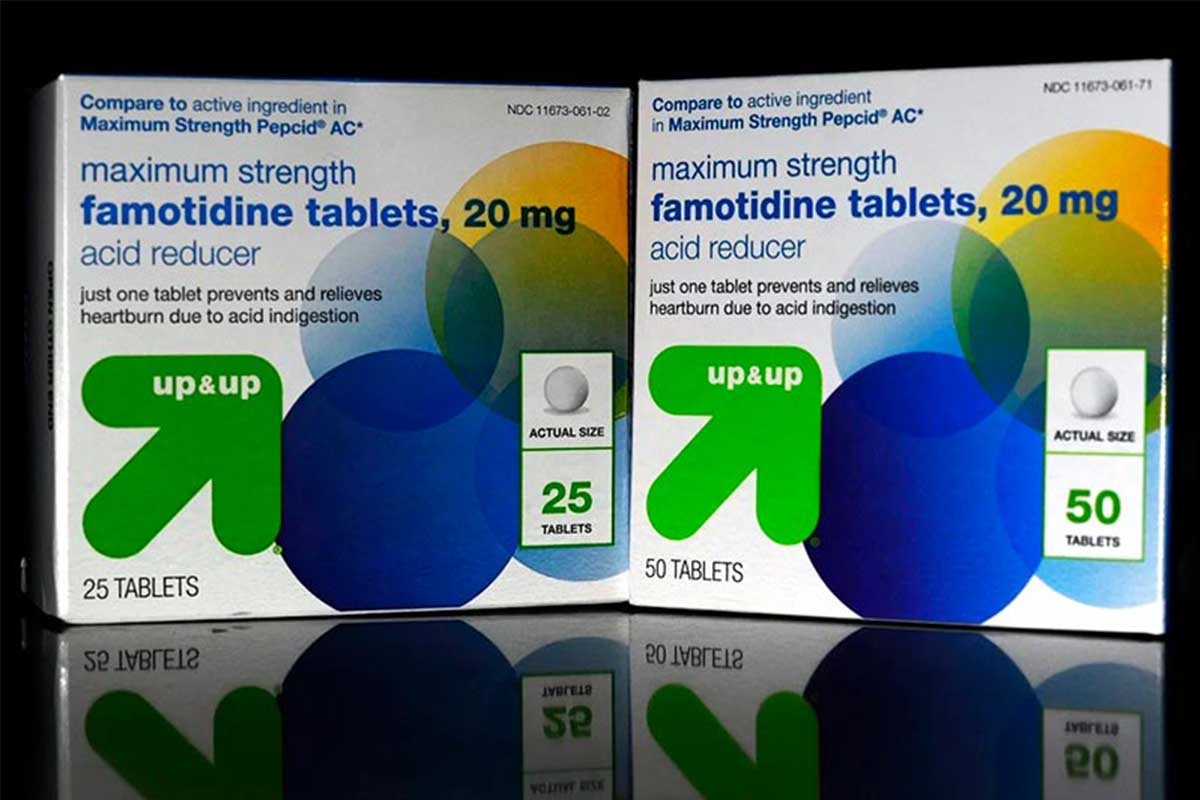
26
Jun
Heartburn Drug Trials for COVID-19: A New Treatment?

With news for a treatment for the novel coronavirus always circulating, there’s no shortage of possibilities. The rapidly growing list of treatments for COVID-19 includes an unlikely candidate: famotidine, the active compound in the over-the-counter heartburn drug called Pepcid.
Hospitalized COVID-19 patients who received famotidine were twice as likely to survive the virus, according to a new study conducted at Columbia University Irving Medical Center. Reports from China and molecular modeling studies favor famotidine, which seemingly binds to a key enzyme in the virus, could make a difference. But will famotidine be more effective than hydroxychloroquine and chloroquine?
Why Heartburn Drugs?
Famotidine, which reduces stomach acid, is commonly used to treat occasional episodes of heartburn and gastroesophageal reflux disease (GERD). The study at Columbia University Irving Medical Center was motivated by prior investigations of famotidine for treating COVID-19. Data from Wuhan has also found better outcomes in patients who took famotidine while hospitalized. An additional study of famotidine also suggested that the drug might bind to part of the virus and prevent it from reproducing inside cells.
Self-administered and high-dose famotidine was well tolerated and associated with improved patient-reported outcomes in non-hospitalized COVID-19 patients, a small case series found. With daily doses ranging from 60 to 240 mg, the ingredient that suppresses gastric acid production was linked to reduced coronavirus symptoms 24 to 48 hours after starting treatment.
How It Was Discovered
An infectious disease doctor named Michael Callahan was the first to call attention to the drug in the United States. In mid-January, he was in Nanjing, China, working on a project when the coronavirus began to run rampant. The virus was killing mainly patients older than 80, and patients of all ages with hypertension and chronic pulmonary disease were suffering significantly. Curious about why many of the survivors tended to be poor, Callahan took a look at COVID-19 patient records.
In reviewing these records, doctors noticed that many survivors had been suffering from chronic heartburn and were on famotidine rather than more expensive omeprazole, the medicine of choice both in the United States and among wealthier Chinese citizens. Hospitalized COVID-19 patients on famotidine appeared to be dying at a rate of about 14% compared with 27% for those not on the drug. Callahan then took this data to be utilized for a study at Northwell Hospital.
What the Study Unveiled
Researchers found a doubled reduction in ventilator use or death amongst patients taking famotidine compared to those who did not receive the drug. They also found that 10% of patients who received famotidine were placed on a ventilator or died, compared to the 22% who didn’t receive famotidine. Even after accounting for various factors that could be associated with worse outcomes, the reduction in death and ventilator usage was significant.
The study also looked at patients who were given proton pump inhibitors, a different type of drug that also reduces stomach acid. The researchers found that these drugs were not associated with improved outcomes, suggesting that any effect of famotidine on COVID-19 outcomes is not related to reduced stomach acid.
Looking Forward to the Future
With the pandemic raging for the last 3 months in the United States, the introduction of famotidine as a potential treatment for coronavirus gives many people a new sense of hope in eradicating the virus for good. That being said, trials for famotidine are still undergoing. It is not yet conclusive as to whether the heartburn medication will be effective in treating COVID-19 in the long run. In the meantime, doctors are urging caution for people who might see these early results and rush out to stock up on Pepcid. With trials for a vaccine also underway, there can only be hope as to what the future holds.
If you believe you are suffering from coronavirus symptoms, contact your doctor and get tested immediately. If you have any gastrointestinal issues that may be related to the virus, book a Televisit with one of our doctors to get a proper diagnosis today at triboroughgi.com.

